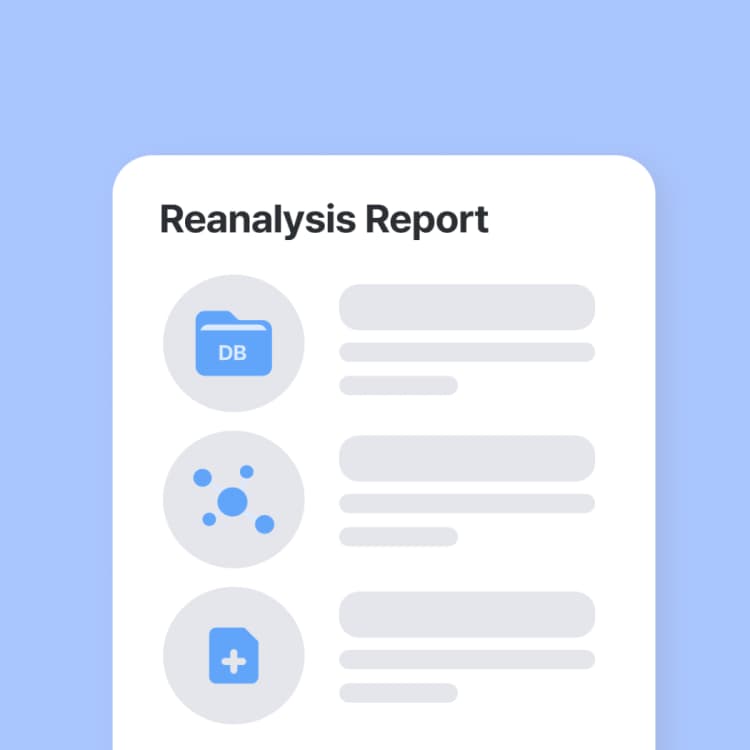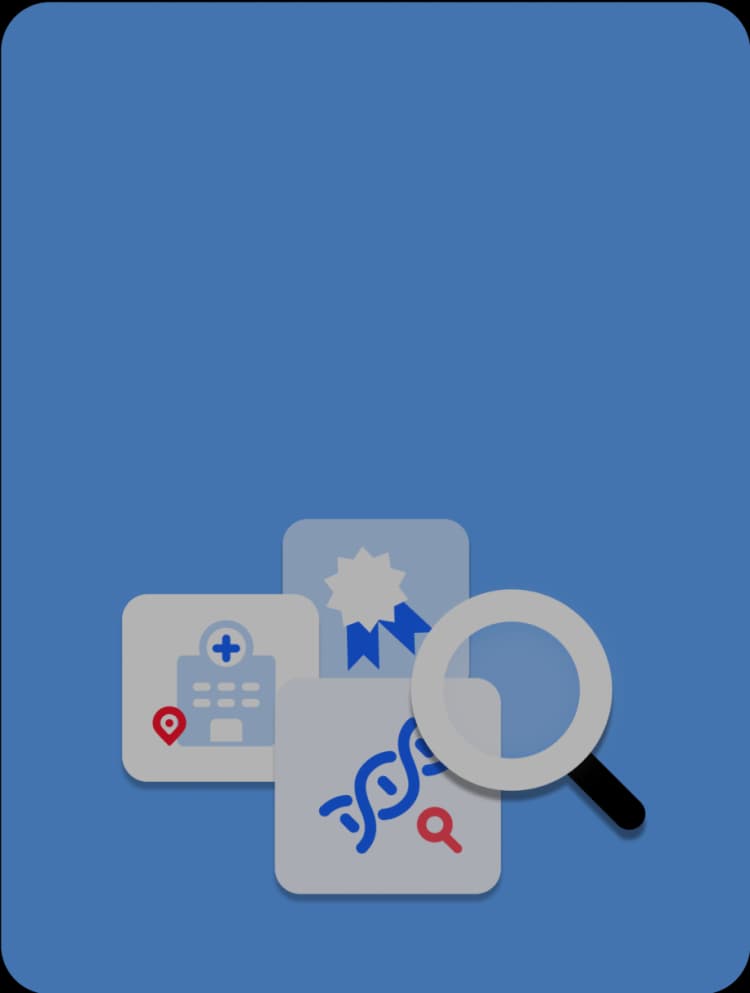Is buccal swab(cheek swab) suitable for collecting DNA sample?
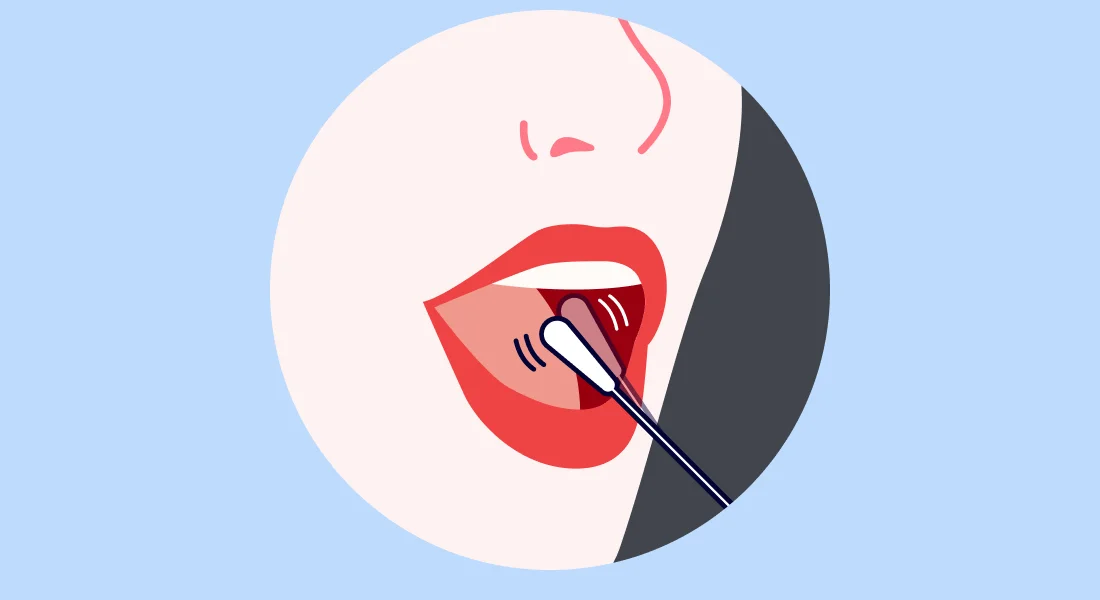
Is buccal swab(cheek swab) suitable for collecting DNA samples?
In the realm of genetic testing, the method of DNA sample collection is a pivotal determinant of accurate and reliable results. As the curiosity and interest in genetic testing continue to surge, individuals are seeking accessible and comfortable options for DNA sample collection.
One such method that has gained prominence is the buccal swab, commonly known as the cheek swab. However, many healthcare providers and patients still have doubts about the accuracy of this simple method of collecting DNA samples.
In this article, we delve into the merits of buccal swabs as a suitable alternative to blood samples for DNA collection, shedding light on their accuracy and benefits.
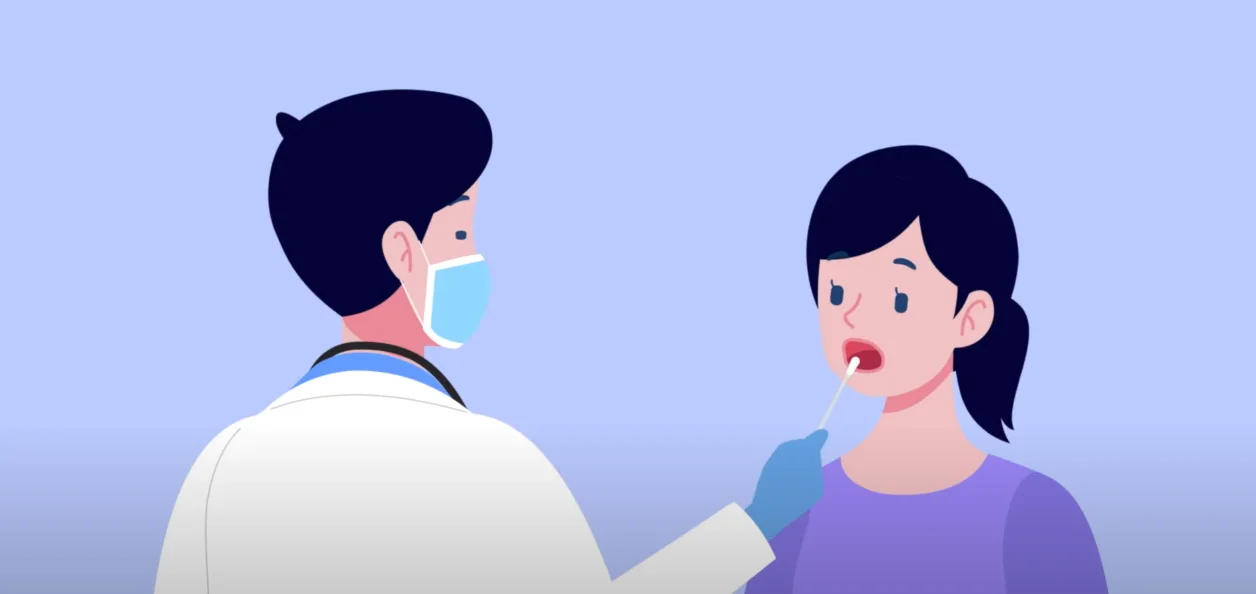
Advantages of Buccal Swabs

- Non-Invasive and Painless: Buccal swabs offer a non-invasive and virtually painless method of DNA collection. Unlike blood samples, which involve needle insertions, buccal swabs entail gently swabbing the inside of the cheek, making it an attractive option for individuals averse to needles or medical procedures.
- Convenience and Accessibility: Buccal swabs can be self-administered, eliminating the need for a healthcare professional. This ease of use empowers individuals to collect their DNA samples in the comfort of their homes, eliminating the requirement for clinic visits and reducing logistical hurdles.
- Stability and Preservation: DNA collected via buccal swabs can be stabilized and preserved for extended periods, facilitating easy transportation to laboratories for analysis. This feature is particularly beneficial when samples need to be shipped over long distances.
- Suitable for All Ages: Buccal swabs are well-suited for individuals of all ages, from infants to seniors, making it a versatile option for family genetic testing and research studies.

Due to the advantages of the buccal swab, it can be a useful method compared to other methods, especially in the following cases.
- Children and Infants: Collecting blood samples from young children and infants can be challenging and distressing. Buccal swabs offer a less invasive and more comfortable method for DNA collection in these age groups.
- Elderly Individuals: Elderly individuals might have fragile veins and could find blood collection uncomfortable. Buccal swabs provide a more straightforward and less stressful option for DNA sampling.
- Individuals with Needle Phobias: Some people have a fear of needles (trypanophobia), making blood collection anxiety-inducing. Using buccal swabs alleviates this concern.
- Remote or Rural Locations: In areas with limited access to medical facilities, collecting and transporting blood samples might be logistically challenging. Buccal swabs can be collected by individuals themselves or by non-medical personnel and then sent to a laboratory for analysis.

Accuracy and Reliability
- High-Quality DNA Yield: Modern buccal swab collection kits are designed to yield high-quality DNA samples, ensuring accurate and robust genetic analysis. Properly collected and stored buccal swab samples can provide DNA of comparable quality to that obtained from blood samples.
- Consistency in Results: Studies have shown that buccal swabs provide consistent and reliable results across a range of genetic analyses, including single nucleotide polymorphism (SNP) genotyping and identification of genetic variants associated with specific conditions.
- Advanced Analytical Techniques: Technological advancements in DNA analysis have improved the accuracy of results obtained from buccal swab samples. Next-generation sequencing (NGS) and polymerase chain reaction (PCR) techniques enable precise genetic profiling from buccal swab-derived DNA.
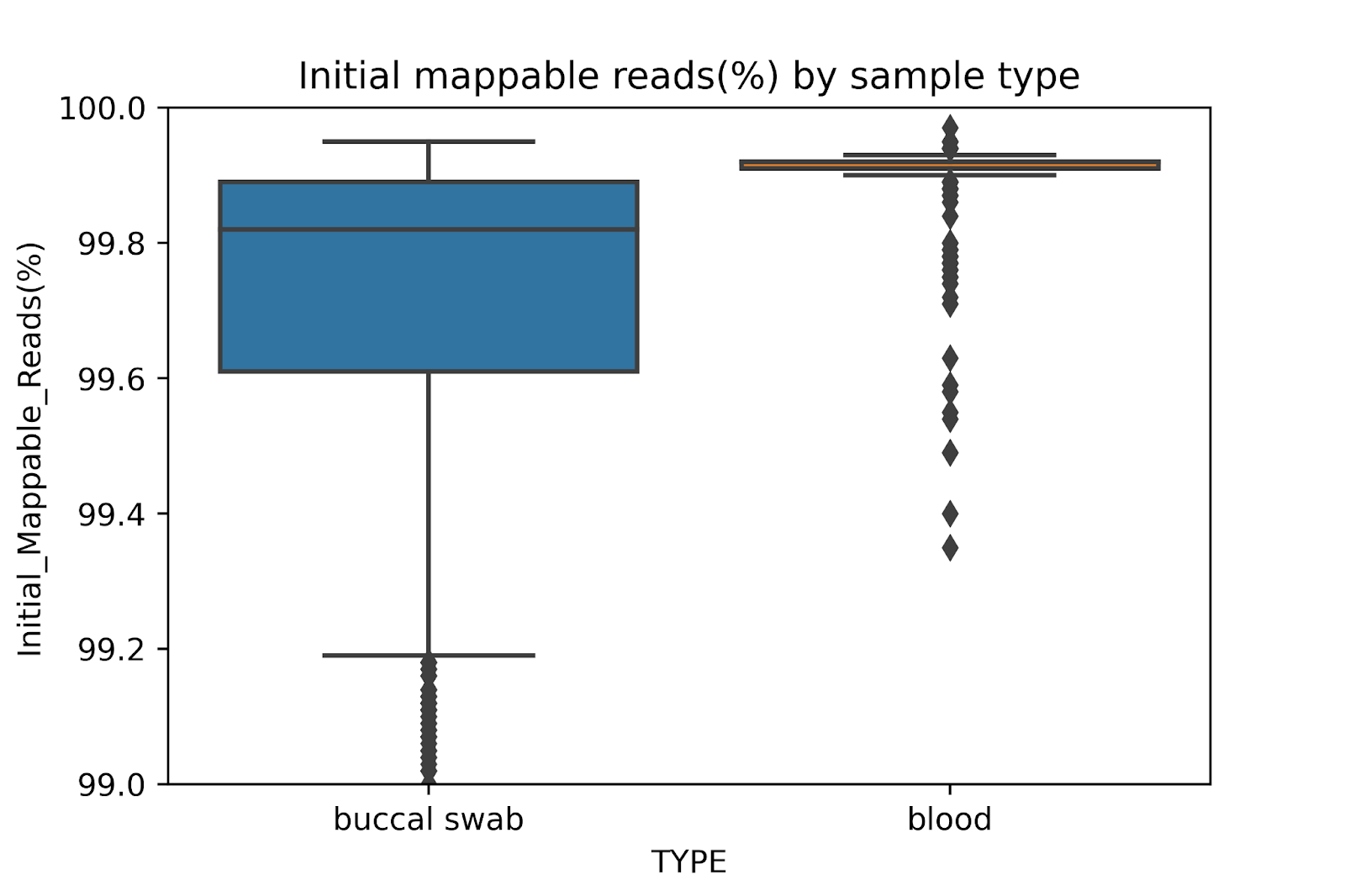
Buccal swabs offer a compelling and convenient alternative to blood samples for DNA collection. Their non-invasive nature, ease of use, stability, and consistent results make them an attractive option for individuals seeking genetic insights. As genetic testing continues to evolve, buccal swabs stand as a reliable method for accurate DNA analysis, heralding a new era of accessible and comfortable genetic testing.
For certain applications that require higher DNA yields or specific types of DNA, such as whole-genome sequencing, alternative methods like blood samples might be more suitable. But for many routine DNA testing purposes, buccal swabs are a practical and effective choice.
- Disclaimer: This article is intended for informational purposes only and is not a substitute for professional medical advice or genetic counseling. Individuals seeking genetic testing should consult healthcare professionals for guidance tailored to their specific needs.
Learn more about our CAP/CLIA-certified genetic testing services with an brochure exclusively for healthcare providers!
Get exclusive rare disease updates
from 3billion.

Sookjin Lee
Expert in integrating cutting-edge genomic healthcare technologies with market needs. With 15+ years of experience, driving impactful changes in global healthcare.

